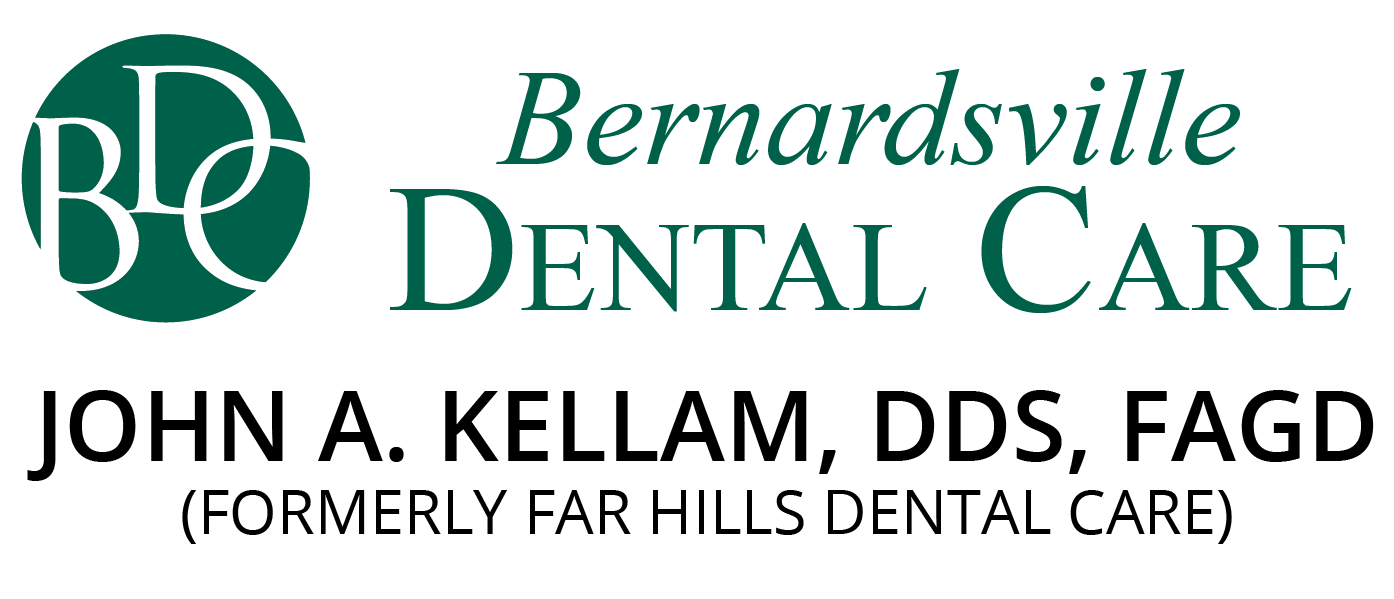Dentists undergo years of didactic training and hands-on training. These professionals must have a bachelor’s degree and pass the Dental Admissions Test in order to gain acceptance into an accredited dental school. Most dental schools are four-year graduate programs that include in-depth training and an internship known as resident training. Upon successful completion of the dental school program, general dentists obtain either a Doctor of Dental Medicine (DMD) or a Doctor of Dental Surgery (DDS) degree. The education and training are the same for both degrees.
Are there Specialties in Dentistry?
Dentists can choose a specialty during the postgraduate dental program or opt for additional certifications in specialty areas after graduating dental school. The recognized dental specialties include oral and maxillofacial dentists, endodontists, orthodontists, oral surgeons, dental-maxillofacial radiologists, periodontists, oral pathologists, pediatric dentists, special needs dentists and public health dentists. Each specialty has a focus. Oral and maxillofacial dentists deal with the identification and surgical treatment of diseases and defects to the jaw and surrounding areas.
Endodontists specialize in the pathology and physiology of the teeth itself. Specifically, these dental specialists perform root canals and work with the pulp, nerves and root of teeth. Orthodontists focus on the development of teeth and its relation to anatomical structures. Often, these specialists implement corrective procedures for proper positioning of the teeth, jaw and soft tissues. Oral surgeons implement both surgical and adjunctive treatment for injuries and diseases that affect the dento-alveolar complex, while oral pathologists study the pathogenesis of oral diseases through radiographic and laboratory procedures. These specialists also provide forensic evaluations.
Dental-maxillofacial radiologists are often used for the assessment of oral conditions. These professionals utilize diagnostic imaging procedures to identify problems in both soft and hard tissues. Periodontists identify and treat gum disorders, such as gingivitis. Pediatric dentists work specifically with children in the treatment of dental abnormalities in children along with associated behavioral issues.
Prosthodontists focus on the restoration and reconstruction of the natural teeth or the replacement of missing teeth. Special needs dentists work directly with patients who suffer from physical, psychiatric or medical disabilities. Often, this population requires special techniques in treating oral health problems. Lastly, public health dentists work within the community to promote oral health education and the administration of dental care programs. As you can see, the field and practice of dentistry is very diverse.

